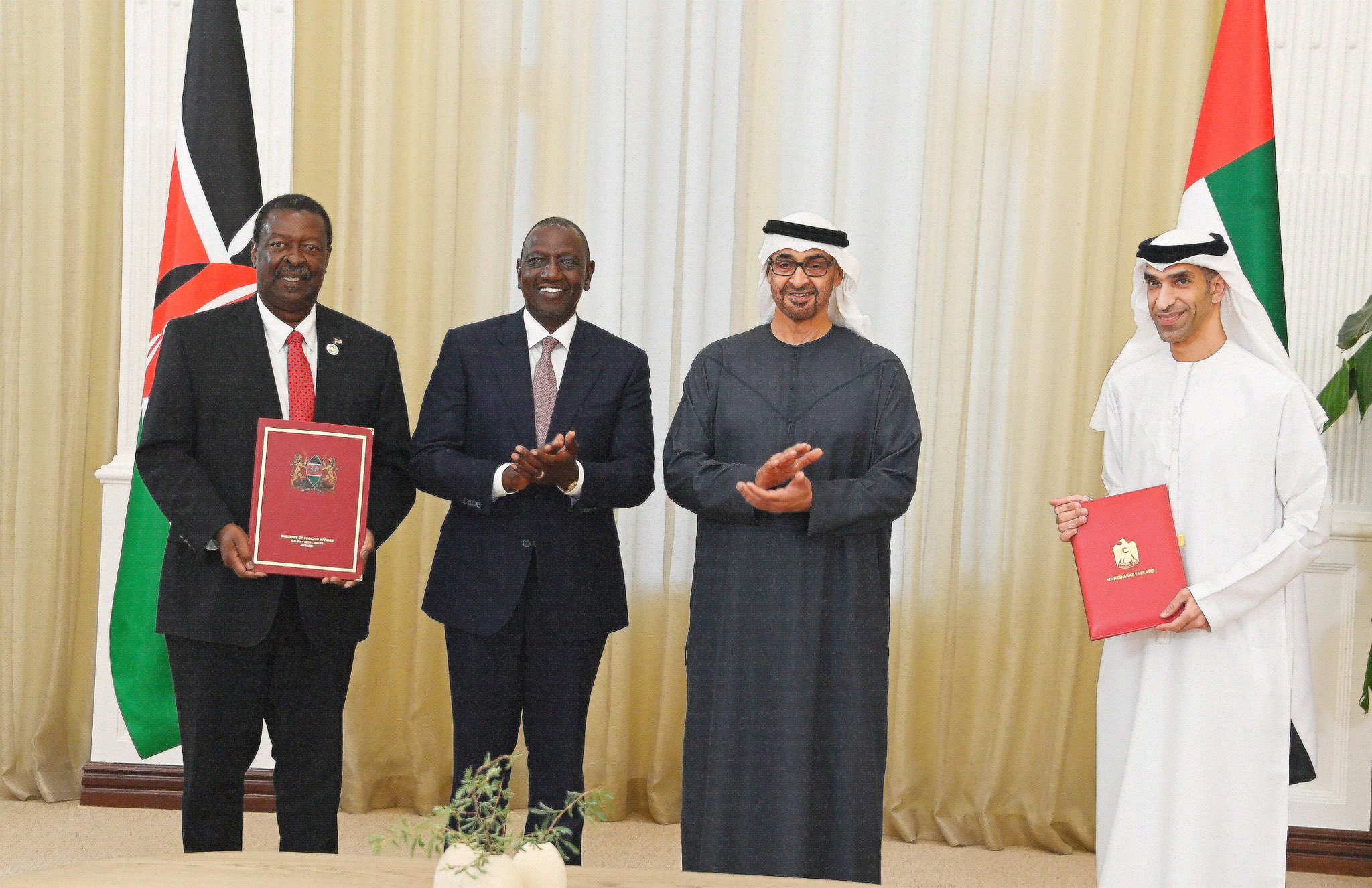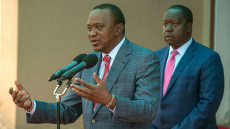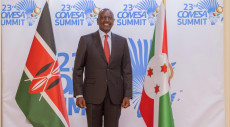- For Kenya, the UAE offers an alternative funding source, possibly under less stringent conditions than traditional loans from Western countries or multilateral agencies. Additionally, the UAE’s expertise in infrastructure—evident in its world-class ports, airports, and cities—could complement Kenya’s developmental goals.
Kenya’s quest to expand its infrastructure has always been central to its economic growth strategy. The Standard Gauge Railway (SGR), a flagship project initiated under the Vision 2030 development plan, symbolized this ambition. However, the recent decision to seek financial support from the UAE, following China’s withdrawal, marks a significant shift in the country's approach to funding mega projects.
This pivot raises questions about the implications of diversifying Kenya’s financial partnerships. While it opens doors to new opportunities, it also presents risks that could shape Kenya’s economic and geopolitical trajectory for years to come.
China has long been Kenya’s key partner in infrastructure development, pouring billions into projects like the Standard Gauge Railway (SGR) and the Nairobi Expressway. However, with growing debt concerns and changing priorities in Beijing’s Belt and Road Initiative, China has tightened its purse strings. This void creates an opportunity for players like the UAE, which has demonstrated interest in expanding its influence in Africa through trade, investment, and diplomacy.
For Kenya, the UAE offers an alternative funding source, possibly under less stringent conditions than traditional loans from Western countries or multilateral agencies. Additionally, the UAE’s expertise in infrastructure—evident in its world-class ports, airports, and cities—could complement Kenya’s developmental goals.
While the opportunities are promising, the elephant in the room remains Kenya’s mounting debt. The government must be cautious not to repeat past mistakes, where poorly negotiated contracts with foreign lenders saddled the country with debt repayment challenges.
Read More
Transparency will be key. The terms of engagement with the UAE must be publicly disclosed to avoid scenarios where critical national assets could be at risk of seizure in case of defaults. Furthermore, Kenya must ensure that the projects financed yield tangible economic benefits to justify the debt incurred.
Turning to the UAE also has geopolitical implications. It signals Kenya’s willingness to explore non-traditional partnerships, potentially reducing China’s dominance in the region. However, this shift could also strain relations with Beijing, a key trading partner. Balancing these relationships will require deft diplomacy to avoid alienating any major players.
Kenya’s decision to seek railway funding from the UAE reflects a pragmatic shift in its financing strategy. While it presents opportunities to diversify partnerships and boost infrastructure, the government must navigate this path carefully to avoid pitfalls.
As the country moves forward, transparency, accountability, and strategic vision will be crucial in ensuring that this new chapter in infrastructure financing translates into sustainable growth for Kenya’s economy.




-1759480422-md.jpg)





-1759480422-sm.jpg)

